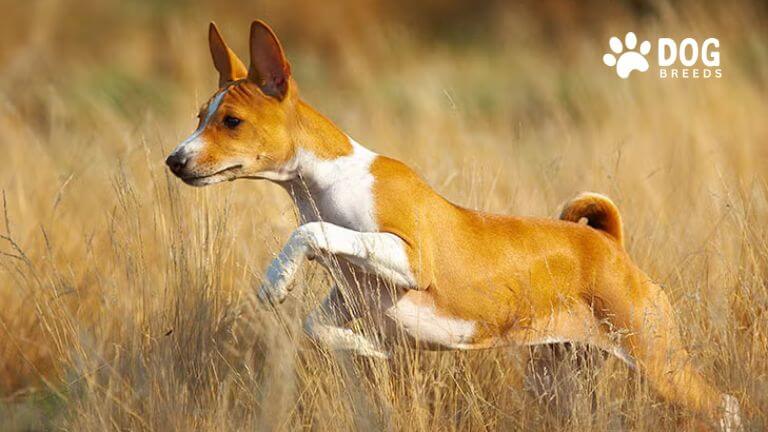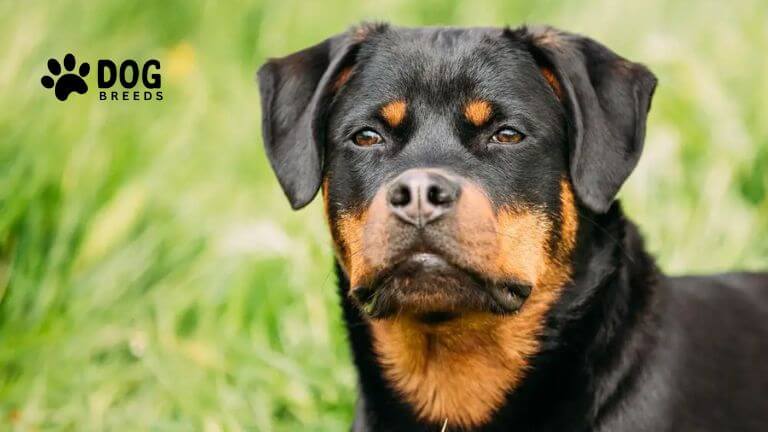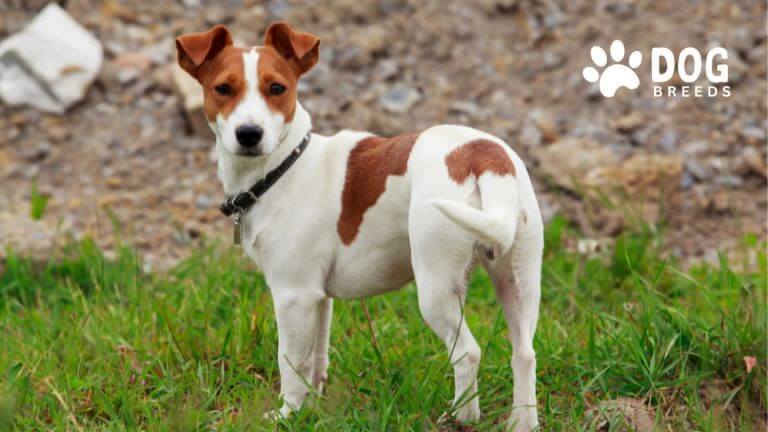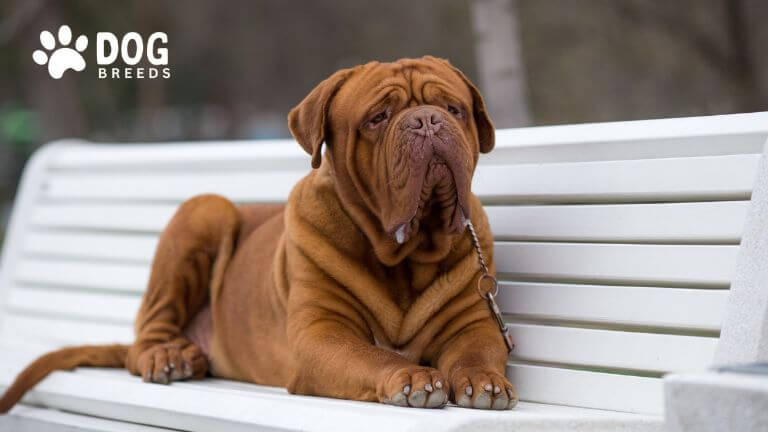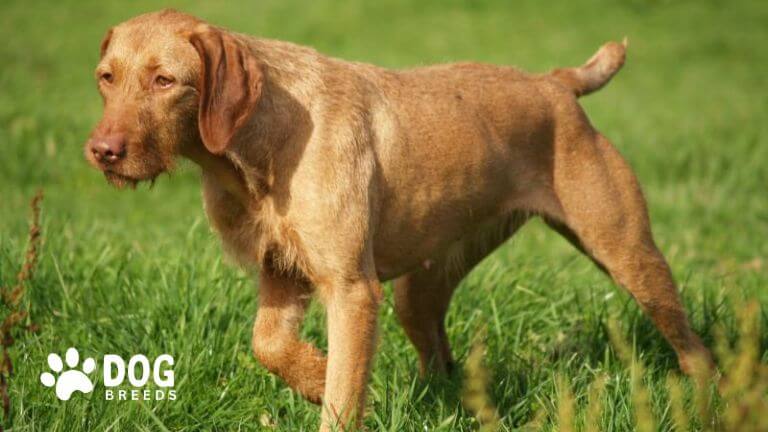Brussels Griffon Dog Breed – Traits, Care, and Personality Guide
The Brussels Griffon is a small, affectionate dog breed that originated in Belgium. Known for their expressive faces and human-like expressions, they were initially bred as rat catchers in the stables of 19th-century Brussels. Over time, their charming personalities made them popular as companion dogs, often seen in royal courts and depicted in art. Today, Brussels Griffons are recognized for their devotion to their owners and their cat-like behavior, such as climbing and perching.
Brussels Griffon Dog Breed Overview
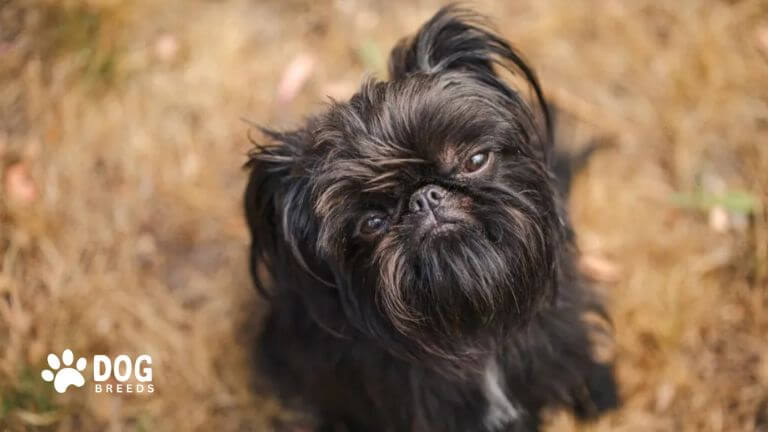
| Origin | Belgium |
| Group | Toy Group |
| Size | Small (7–12 pounds) |
| Height | 7–10 inches |
| Coat Type | Two types: Smooth coat (short and shiny) and rough coat (dense and wiry) |
| Coat Colors | Red, black, black and tan, or belge (mix of black and reddish-brown) |
| Temperament | Affectionate, intelligent, alert, and sometimes stubborn |
| Energy Level | Moderate – enjoys playtime but also loves to relax indoors |
| Trainability | Highly trainable but can be sensitive; responds best to positive reinforcement |
| Compatibility | Great with families, children, and other pets (when socialized early) |
| Lifespan | 12–15 years |
| Common Health Issues | Hip dysplasia, patellar luxation, respiratory problems (due to a short nose), and eye issues |
| Grooming Needs | Regular brushing (rough coat), occasional bathing; nail trimming and ear cleaning essential |
| Ideal Living Situation | Adaptable to apartments or houses; prefers indoor living |
| Fun Fact | Brussels Griffons are famous for their expressive, almost human-like faces. |
Physical Characteristics
Brussels Griffons are small dogs, standing about 7 to 10 inches tall and weighing between 8 and 12 pounds. They have two coat types: rough and smooth. The rough coat is wiry and dense, while the smooth coat is short and sleek. Their colors range from red, black, and black-and-tan to a blend of these shades. One of the most distinctive features of the Brussels Griffon is its face, with large, dark eyes and a pushed-in nose, giving them a brachycephalic appearance. Their characteristic “beard” adds to their expressive, often comical look.
Temperament and Personality
Brussels Griffons are known for their affectionate and sensitive personalities. They form strong bonds with their owners, often becoming “velcro dogs” who prefer to stay close to their humans. While they are playful and intelligent, they can also be stubborn, making consistent training important. Despite their small size, Brussels Griffons are brave and may try to dominate larger dogs. They generally get along well with children and other pets if properly socialized from a young age. However, they can be shy or fearful around strangers if not adequately exposed to new people and environments.
Health and Lifespan
Like all breeds, Brussels Griffons have some health concerns. Being a brachycephalic breed, they are prone to breathing problems, particularly in hot weather or after strenuous exercise. Common health issues include patellar luxation, hip dysplasia, and eye problems such as cataracts and corneal ulcers. Regular veterinary checkups and preventive care, like joint supplements and dental hygiene, are essential. The average lifespan of a Brussels Griffon is between 12 to 15 years.
Training and Exercise Needs
Brussels Griffons are intelligent and quick learners but can be independent and strong-willed. Training should be consistent and positive, as they respond best to praise and rewards. Due to their high intelligence, they need mental stimulation in addition to physical exercise. Daily walks and interactive play sessions, such as indoor games or short fetch sessions, are great ways to keep them engaged. Despite their small size, they enjoy being active and benefit from regular exercise to prevent boredom and behavioral issues.
Living Requirements
Brussels Griffons adapt well to various living environments, making them suitable for both apartments and houses. They prefer being indoors with their family and do not do well in isolation. Due to their brachycephalic nature, they are sensitive to extreme heat and cold, so climate control is important. They thrive in homes where they are given attention and mental stimulation.
Care Tips and Maintenance
Grooming needs for Brussels Griffons depend on their coat type. Rough-coated Griffons require regular brushing and occasional hand-stripping to maintain the texture of their coat, while smooth-coated Griffons need less frequent grooming. Both coat types benefit from routine bathing and nail trimming. As brachycephalic dogs, they may require extra dental care to prevent issues like tooth decay. Feeding a balanced diet and maintaining a healthy weight is essential to avoid joint strain, particularly in their later years.
History and Fun Facts
Brussels Griffons have a rich history, originally bred for their rat-catching abilities in Brussels. They gained popularity as companion dogs and even appeared in the 1997 film As Good as It Gets, where a Brussels Griffon named Verdell stole the hearts of moviegoers alongside actors Jack Nicholson and Helen Hunt. Their unique combination of expressive faces and bold personalities continues to make them a favorite among dog enthusiasts.
Closing Thoughts
Brussels Griffons are loving, loyal companions with a unique mix of playful and independent traits. Their small size and adaptability make them ideal for apartment living, but they require attention and mental stimulation to thrive. If you’re looking for a dog with a big personality in a small package, the Brussels Griffon may be the perfect match for you. With proper care, training, and socialization, this breed will reward you with years of affectionate companionship.
FAQs
What are the disadvantages of a Brussels Griffon?
Brussels Griffons, while affectionate and loyal, do have a few disadvantages. They are prone to health issues such as brachycephalic syndrome, which affects their breathing, particularly in hot or humid conditions. Other common health concerns include patellar luxation, eye problems like cataracts, and hip dysplasia. They can be stubborn and difficult to train, requiring consistent, positive reinforcement. Additionally, their small size and sensitive nature make them prone to anxiety, particularly when left alone for long periods. Their grooming needs, especially for the rough-coated variety, can be time-consuming and require regular attention.
How much do Brussels Griffon dogs cost?
The cost of a Brussels Griffon can vary depending on factors such as the breeder’s reputation, location, and the dog’s lineage. On average, a Brussels Griffon puppy from a reputable breeder costs between $1,500 to $4,000. Show-quality dogs or those with champion bloodlines may cost even more. Adopting a Brussels Griffon from a rescue organization or shelter might cost significantly less, typically between $300 to $500, depending on the organization.
Do Brussels Griffon dogs bark?
Yes, Brussels Griffons do bark, but they are not known to be excessively vocal. They may bark to alert their owners to strangers or unusual noises, but they are not generally considered yappy dogs. However, due to their sensitive and protective nature, some Brussels Griffons may develop a habit of barking when anxious or if not properly trained. Early socialization and training can help curb any excessive barking tendencies.
How rare is Brussels Griffon?
Brussels Griffons are considered a relatively rare breed. While they have a dedicated following, they are not as common as other small breeds like the French Bulldog or Chihuahua. Their rarity is partly due to their small litter sizes, which can make finding a Brussels Griffon puppy more difficult. However, their popularity has increased slightly in recent years, thanks in part to their unique looks and loving personalities. They remain a special breed sought after by enthusiasts who appreciate their quirky charm and affectionate nature.
- Why Are Dalmatians Not Popular? Uncovering the Truth Behind the Rarity of This Iconic Breed - April 16, 2025
- Top 15 Chinese Dog Breeds: Discover the Best Dogs from China - April 14, 2025
- Dalmatian Dog Breed: History, Care, Personality & Health - April 3, 2025
